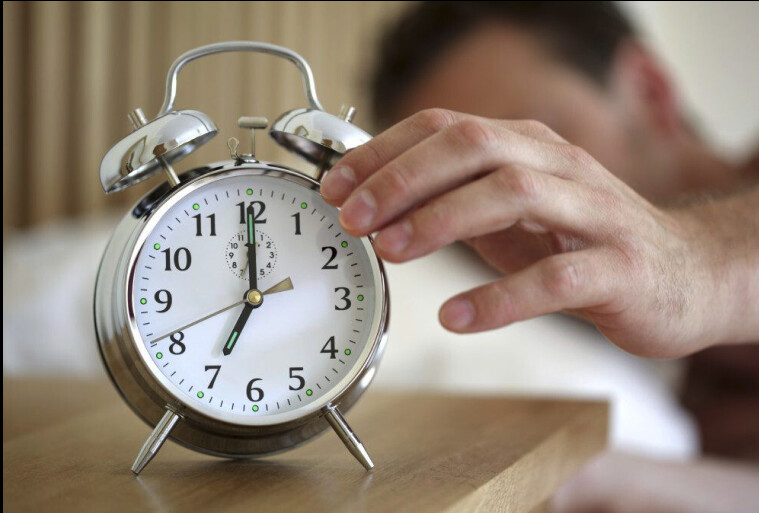Running News Daily
Running News Daily is edited by Bob Anderson. Send your news items to bob@mybestruns.com Advertising opportunities available. Train the Kenyan Way at KATA Kenya and Portugal owned and operated by Bob Anderson. Be sure to catch our movie A Long Run the movie KATA Running Camps and KATA Potato Farms - 31 now open in Kenya! https://kata.ke/
Index to Daily Posts · Sign Up For Updates · Run The World Feed
Can eating only at night help you run farther?
New research shows lab mice can nearly double their running endurance when their meals are limited to their usual hours of sleep, though whether this new twist on intermittent fasting also holds a potential stamina boost for human runners remains to be seen.
In a paper published this week in the online journal Nature Metabolism, researchers in China investigated the effects of time-restricted eating on exercise capacity. For the study, scientists measured the running endurance of sedentary and exercise-wheel-trained mice. The mice, who normally sleep during the day, were divided into groups: feeding of the first group was restricted to nighttime hours, when the rodents are usually awake. The second group had access to food only during their normal daytime sleeping hours, and the third group had unrestricted access to food.


The researchers observed that the mice who had access to food only during their usual hours of sleep almost doubled the time and distance they were able to run compared to the mice who only ate during normal waking hours and those who could eat whenever they liked.
As mice are nocturnal, feeding the mice during the day—which resulted in the huge gains in running endurance—would be similar to humans eating only at night and fasting throughout the day. The researchers noted that further testing would be needed to see if this kind of time-restricted diet would have similar benefits for human endurance.
As it stands, the researchers said the study does offer insights into the relationship between time-restricted feeding and exercise performance, and highlights the importance of circadian rhythms in metabolism and capacity.
The study also throws a curveball into the continuing debate on the performance value of intermittent fasting for runners. Some studies have found that consistently restricting eating to certain hours of the day (such as the popular 16:8 plan, which involves 16 hours of fasting and an eight-hour window for eating), can help improve metabolism. But some experts have cautioned that running in a fasted state can negatively affect energy levels, hormone regulation and bone density in runners.
Login to leave a comment




